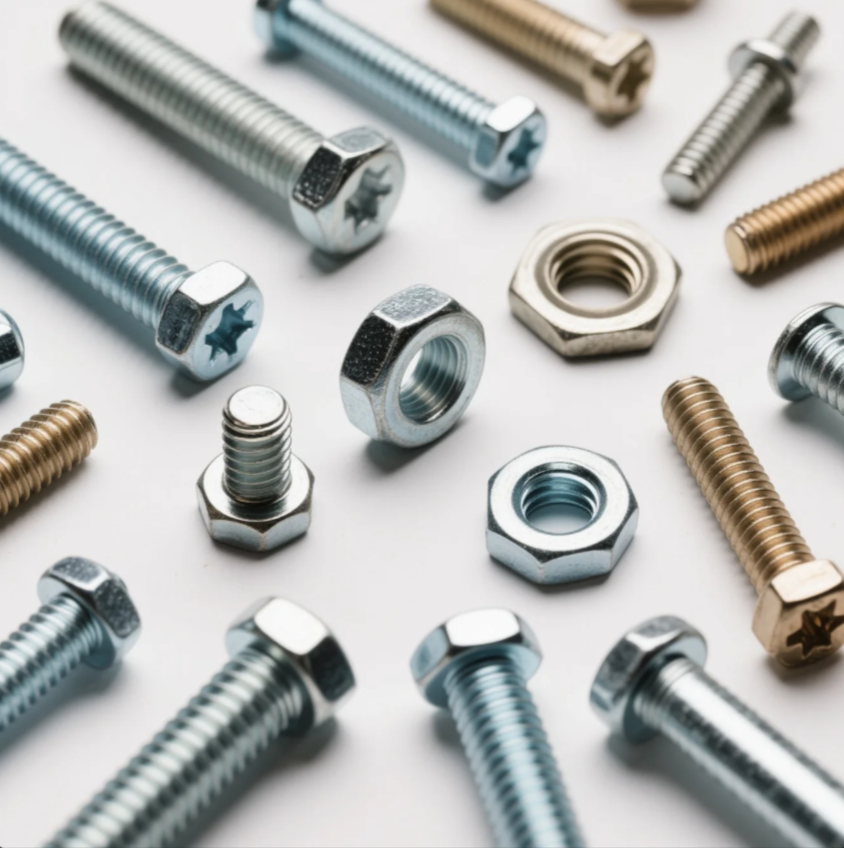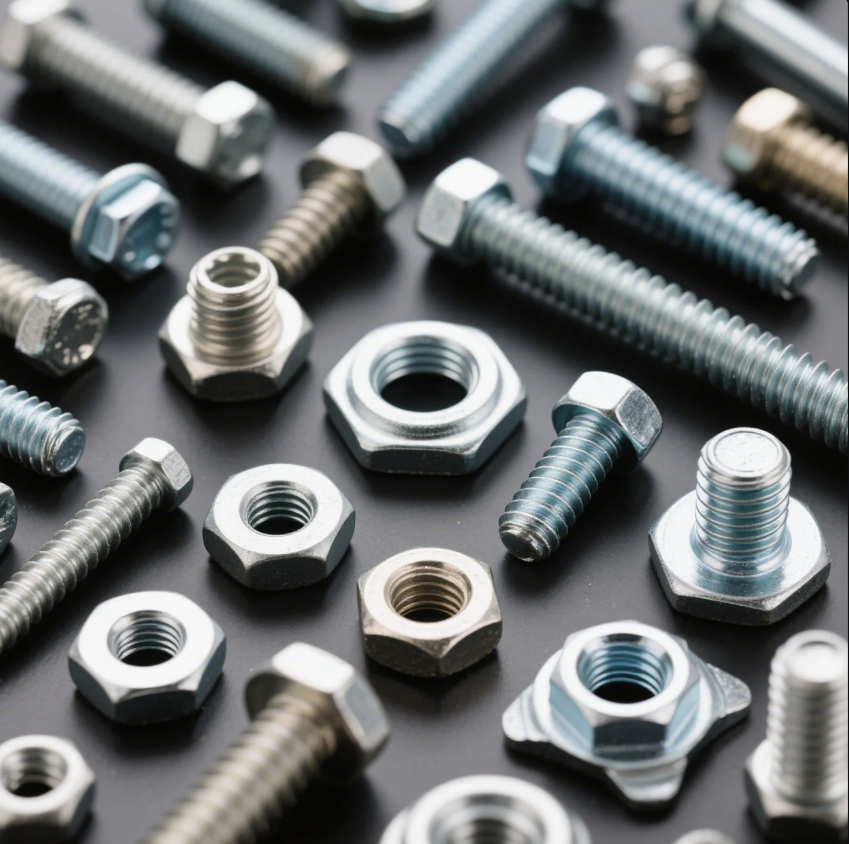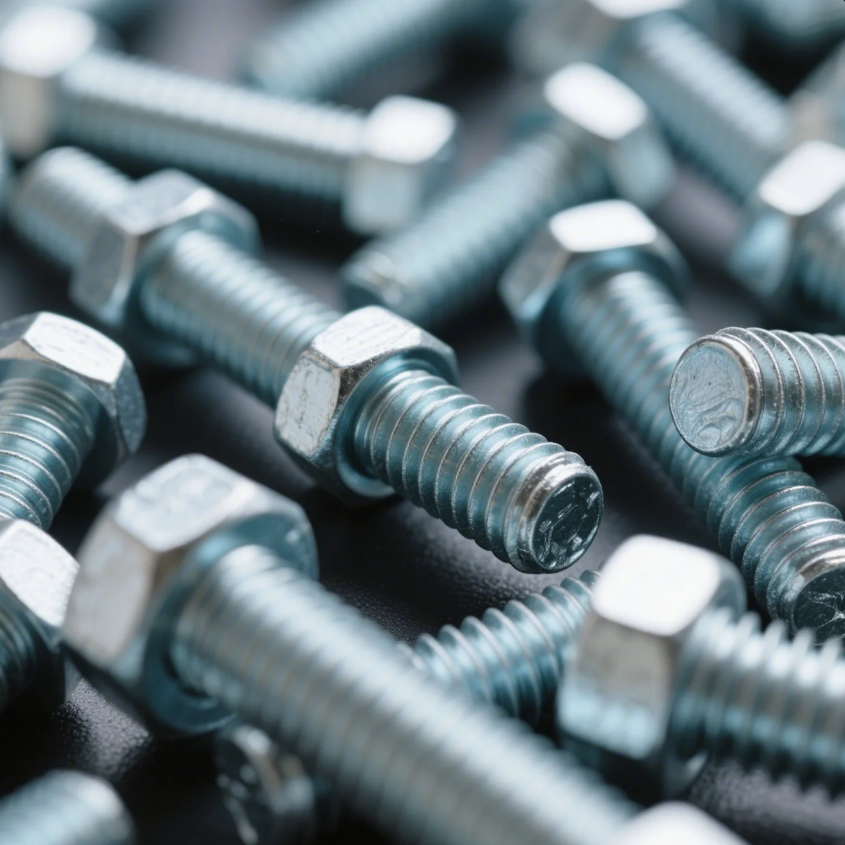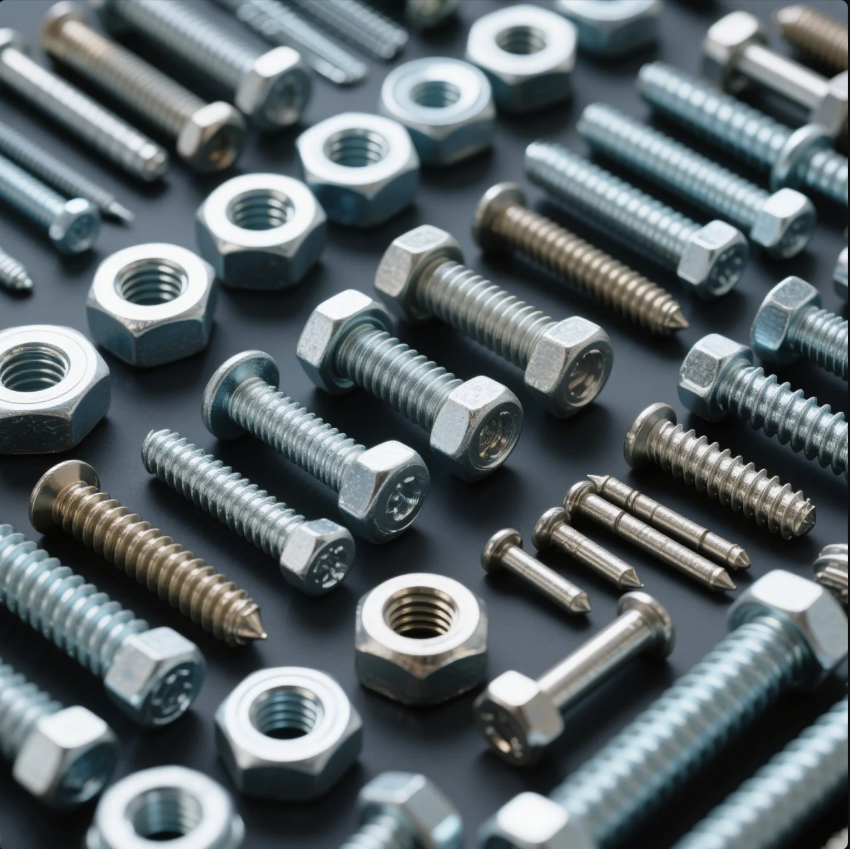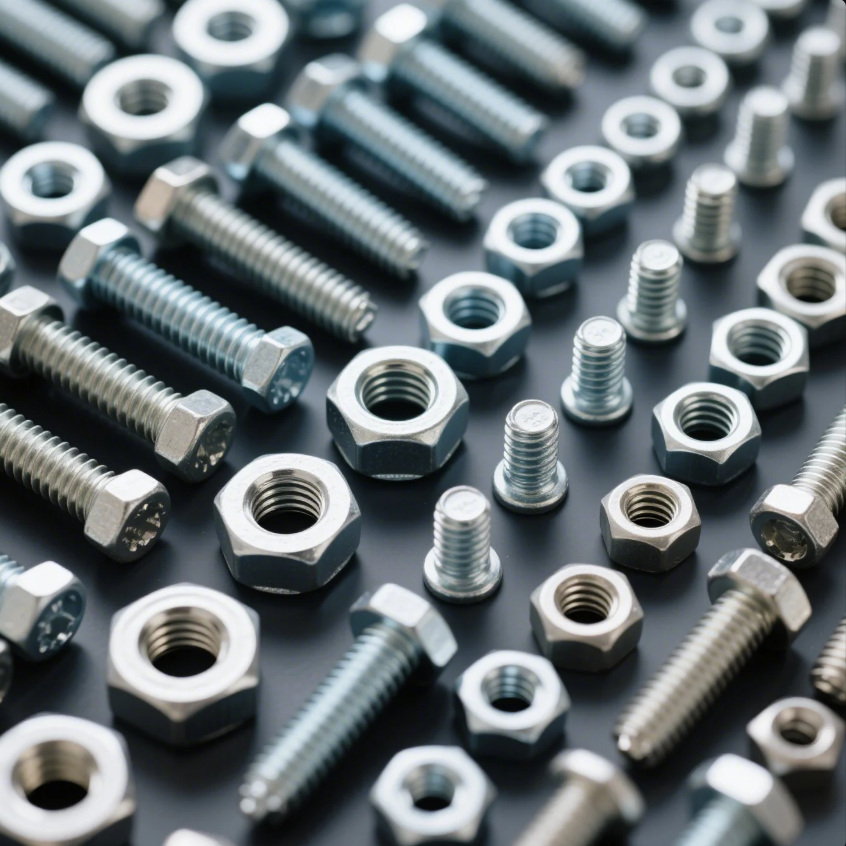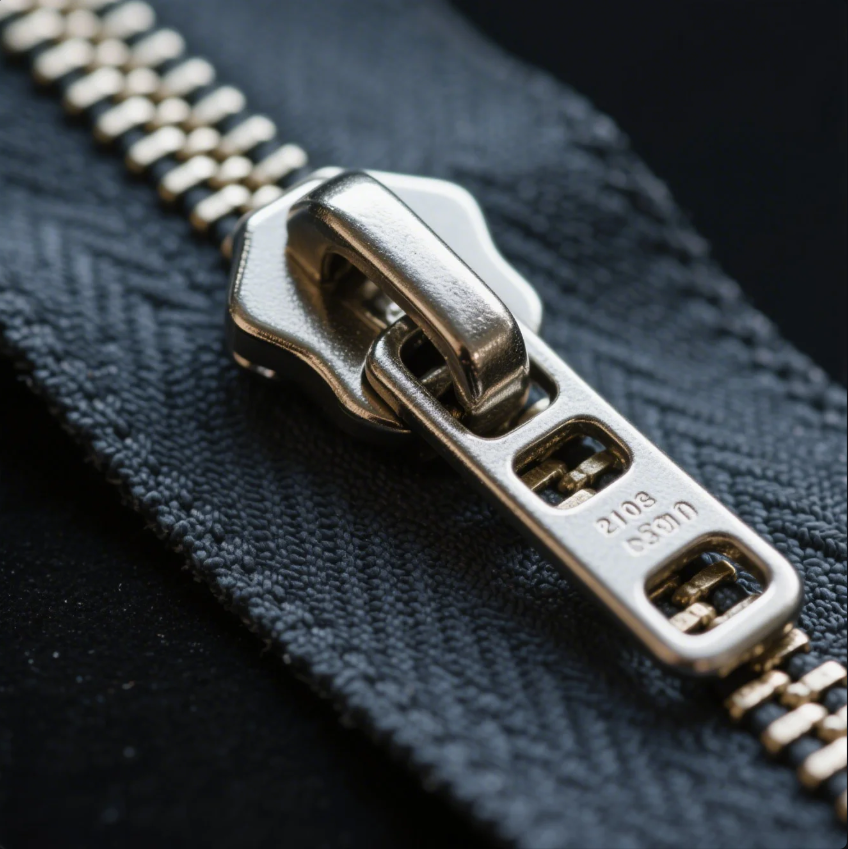TEMPLATE_START
What is the most useful tool for a blacksmith?
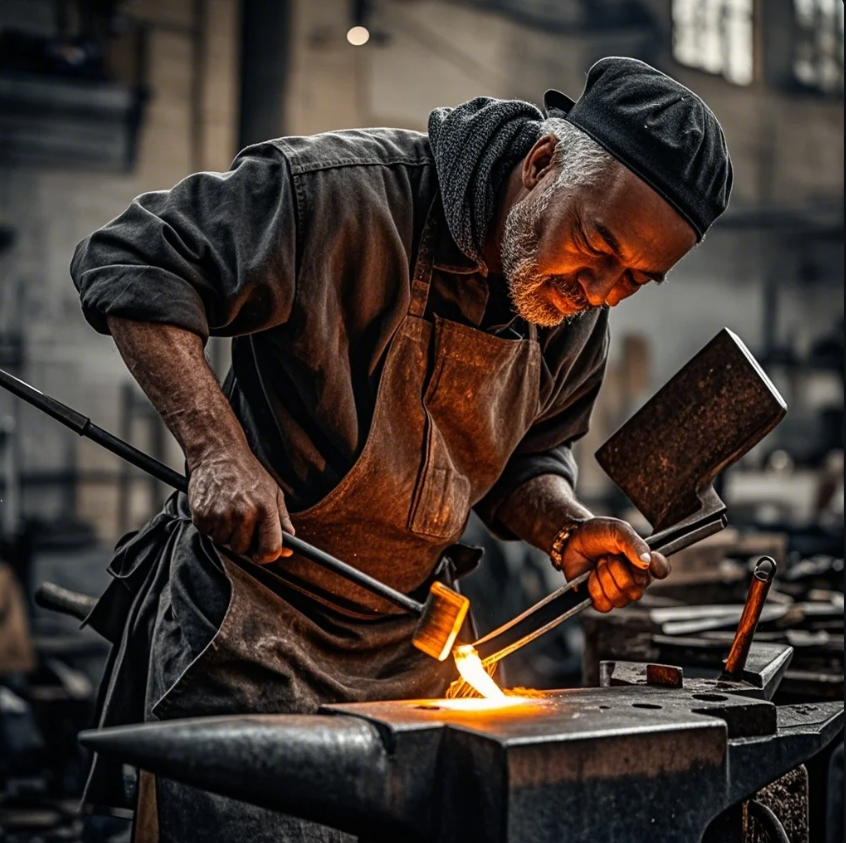
Many buyers overlook the real tools behind precision metalwork.
This article explores essential blacksmith tools and how choosing the right ones impacts forging quality and efficiency.
The right tools don’t just shape metal—they shape your results.
What are the best tools for blacksmithing?
New buyers are often unsure which blacksmithing tools matter most.
An anvil, hammer, forge, and tongs form the core blacksmithing toolkit.
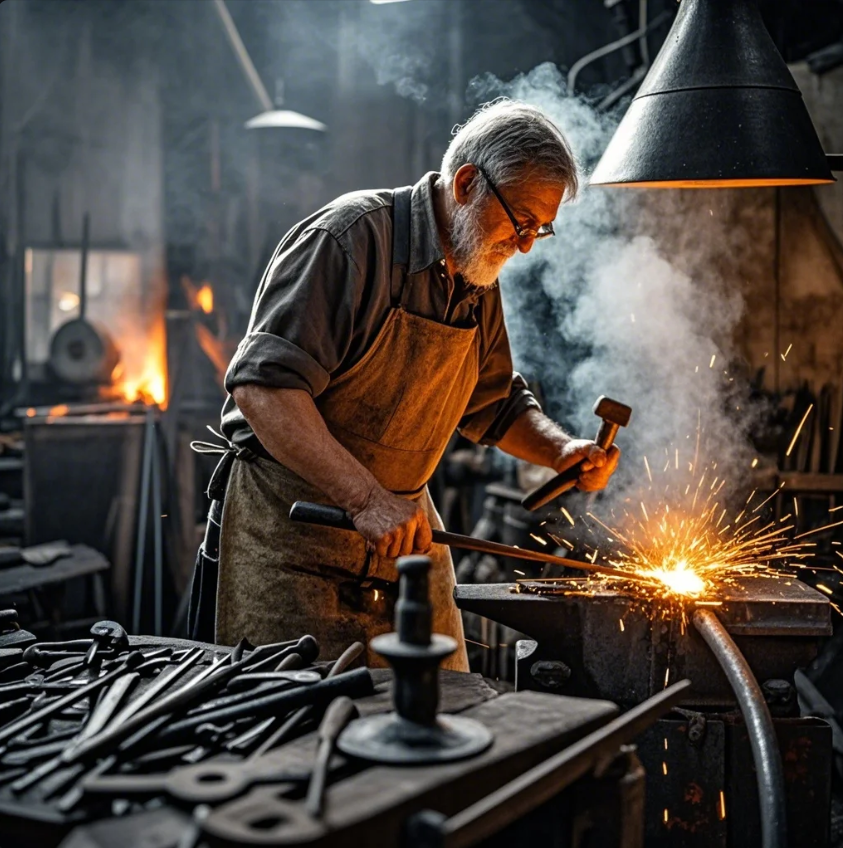
Why foundational tools are still unmatched
No matter how advanced forging becomes, traditional tools remain central. These core tools offer control, strength, and flexibility for working metal under heat. Modern machines improve efficiency, but they can't replace skilled hands and quality tools.
At Prime, many of our forged parts start with traditional techniques before precision CNC or casting. Here’s a look at the essentials:
| Tool | Function | Importance |
|---|---|---|
| Anvil | Shaping surface | Foundation of work |
| Hammer | Shaping and striking | Core shaping tool |
| Forge | Heating the metal | Prepares metal |
| Tongs | Holding hot metal safely | Safety + precision |
| Vise | Holding parts while working | Stability |
We support custom forged tools and provide OEM blacksmith tools to industrial buyers. With ISO-certified production lines, we replicate traditional craftsmanship at scale.
What tools do blacksmiths use to make?
Buyers may not realize that blacksmiths forge both tools and components.
Blacksmiths often forge knives, chisels, horseshoes, hinges, and industrial brackets.
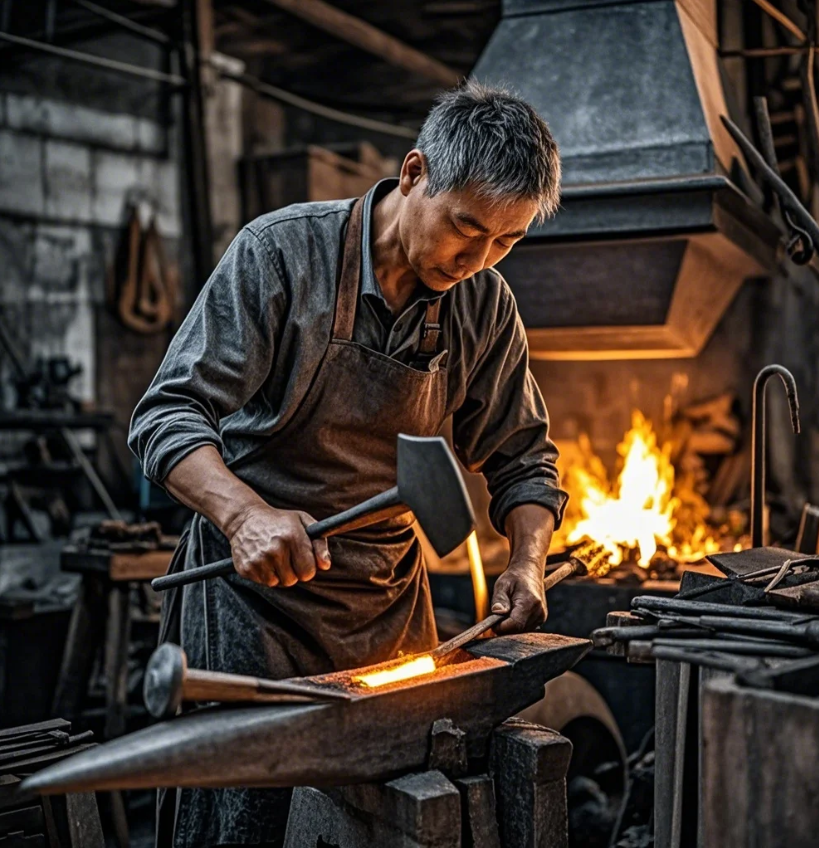
Tool-making requires tools—quality impacts outcome
To make tools that last, you need precise control over temperature, pressure, and shaping. At Prime, we forge parts for companies that later become blacksmithing tools themselves—like tool blanks, die sets, and brackets.
Here’s what blacksmiths commonly make:
| Forged Item | Application | Preferred Material |
|---|---|---|
| Blades/knives | Craft, utility, kitchen | High-carbon steel |
| Chisels | Construction, carpentry | Tool steel |
| Horseshoes | Agriculture, animal care | Mild steel |
| Hinges & latches | Doors, gates, machinery | Stainless or mild steel |
| Punches/drifts | Tool making | Alloy steel |
Blacksmiths using CNC blank tooling from Prime often comment on the dimensional accuracy and forgeability of our parts. That’s because we start with clean, certified materials, and finish with precision.
What equipment do I need to be a blacksmith?
Many industrial buyers or hobbyists ask what they need to start forging.
A basic blacksmith setup includes a forge, anvil, hammer, tongs, and a grinder.
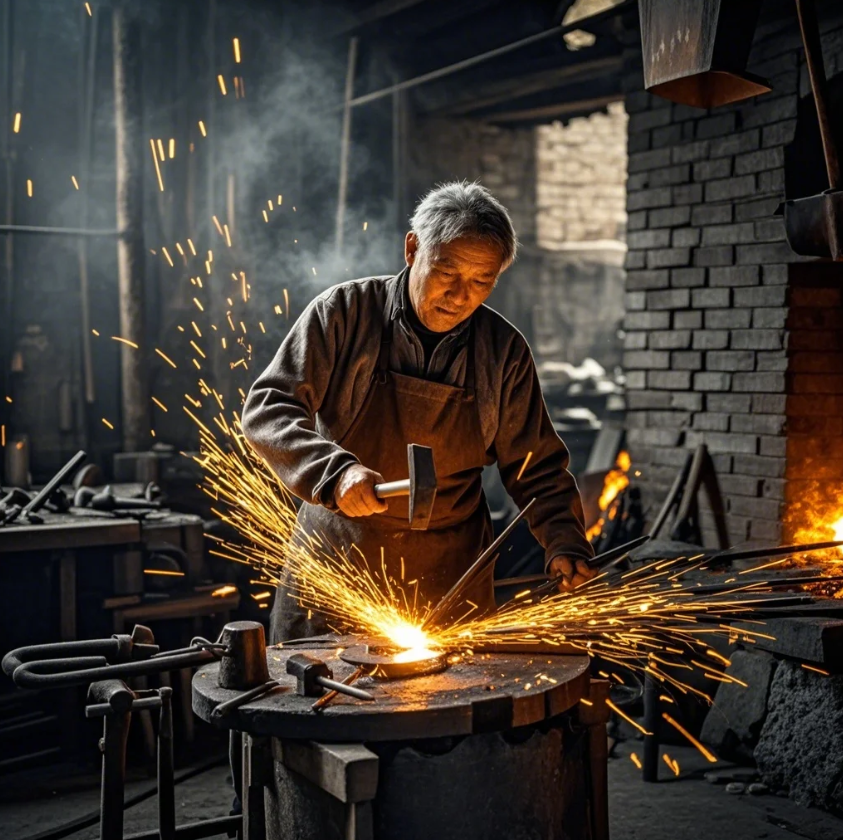
Setups vary, but fundamentals stay the same
Blacksmithing doesn't always require high-tech setups. However, reliable equipment ensures safer, more repeatable results. Whether you’re a supplier looking to support entry-level kits or a factory sourcing production-grade tools, the fundamentals are similar.
Recommended beginner setup:
| Equipment | Purpose | Prime Compatibility |
|---|---|---|
| Propane/coal forge | Heats metal to forging temp | Custom forge parts available |
| Anvil | Work surface | OEM forging surface |
| Cross-peen hammer | Metal shaping | Precision hammer heads |
| Vise | Holding metal for cold work | Cast or welded options |
| Grinder | Edge refining and finishing | Motorized part assemblies |
At Prime, we also offer custom metalworking parts, like welded brackets, forged hammer heads, or cast vise jaws. These parts can be used in assembly or sold under your own brand. All come with fast delivery and ISO quality assurance.
What is the easiest thing to blacksmith?
Many beginners—and even some purchasing managers—look for simple forged items to start.
The easiest item to blacksmith is a hook or small decorative piece.
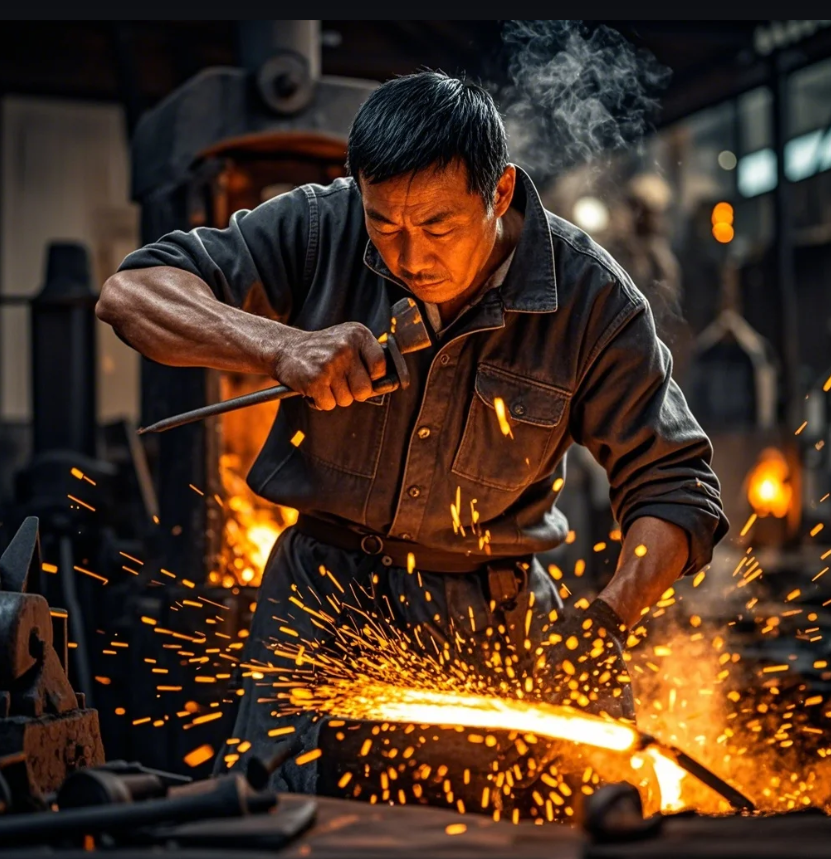
Simple projects help train skills and test material quality
Hooks, bottle openers, fire pokers—these are go-to items for testing a new material batch or production line. They need minimal tooling, limited heating, and offer fast results. They’re also useful as giveaways or low-cost promotional items in tradeshow kits.
Common beginner projects:
| Item | Skills Practiced | Material Recommendation |
|---|---|---|
| S-hooks | Bending, hammer control | Mild steel |
| Leaf keychain | Drawing out, shaping | Low-carbon steel |
| Fire poker | Twisting, tapering | Rebar or mild steel |
| Bottle opener | Punching, shaping | Medium-carbon steel |
At Prime, we support OEM clients developing custom beginner toolkits or DIY blacksmith kits. These are popular in hardware retail and training institutions. With our 10 production lines, we can customize orders for volume with your branding, exact specs, and strict deadlines.
结论
Blacksmithing begins with the right tools—and better tools create better products.
At Prime, we don’t just manufacture—we enable craftsmanship. Whether you need ISO-certified forged blanks, OEM blacksmith tools, or custom CNC parts, our expert team will guide you from concept to container.
👉 Reach out now via our website for a free quote and solution proposal. Let us help you deliver quality forged tools, fast.
TEMPLATE_END

